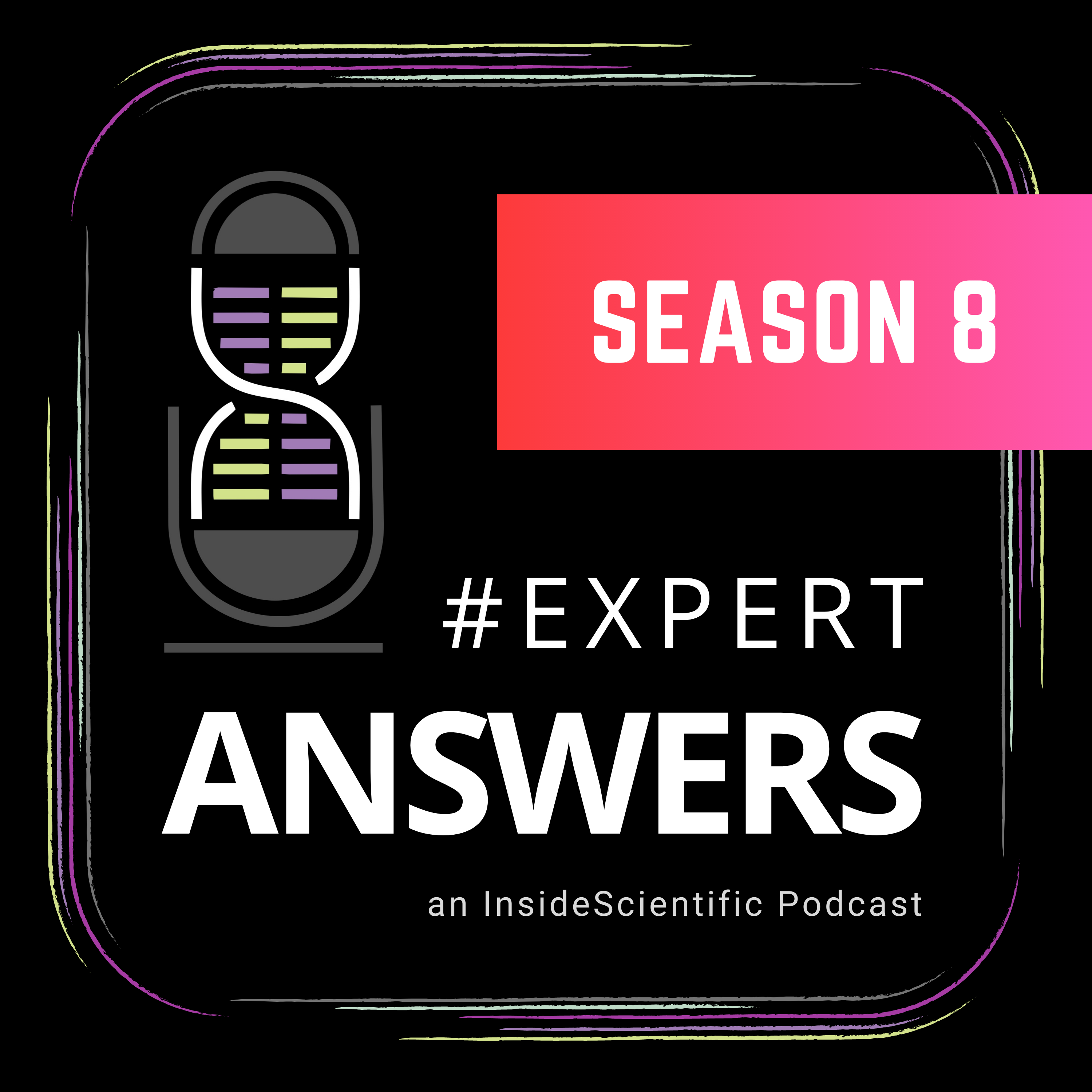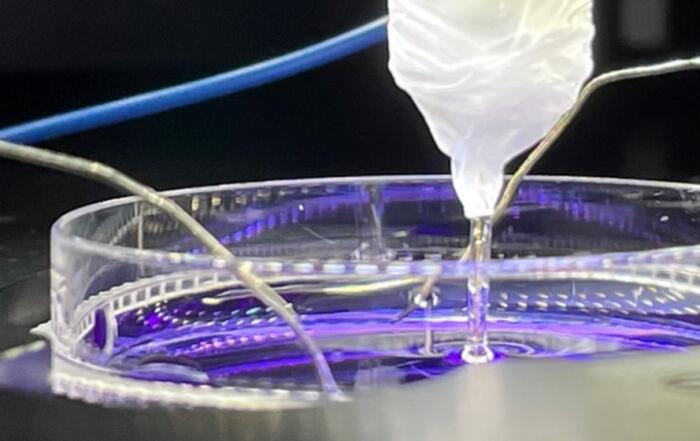
Airdate: Tuesday, June 22, 2021 Season: 8 Episode: 34
Guests: Oliver M. Bernhardt, Andreas-David Brunner, Maximilian J. Helf
In this episode of #ExpertAnswers join Oliver Bernhardt, a Principal Scientist in Bioinformatics at Biognosys, and Andreas-David Brunner a Postdoctoral Researcher at the Matthias Mann Lab at the Max Planck Institute of Biochemistry as they answer questions from a recent webinar about how data independent acquisition has become the method of choice for large scale proteomics.
For more information or to watch the webinar, click here.
Associated Webinar: Spectronaut: Expand Biological Insights with DIA Proteomics
Similar Podcasts
#ExpertAnswers: Jack Vanden Heuvel on Using Cell-Based Bioassays and Effect-Based Methods for Water Quality Assessment
Dr. Jack Vanden Heuvel answers questions from a recent webinar on the use of cell-based bioassays and effect-based methods for water quality assessment.
#ExpertAnswers: Renee Brissette, PhD on Custom Antibody Generation
Dr. Renee Brissette from Bio-Rad answers questions from a recent webinar highlighting Bio-Rad's bioanalytical services.
#ExpertAnswers: Ejvind Mørtz on Protein Analysis
Ejvind Mørtz discusses the benefits and applications of mass spectrometry (MS)-based host cell protein (HCP) analysis and why HCP ELISAs are insufficient for documenting product-related impurities.
Related Content
Mapping Heterogeneous Interfaces Using Single-Entity Electrochemical Microspectroscopy
Dr. Venky Prabhakaran describes the development of scanning electrochemical microspectroscopy and its application to characterize heterogeneous electrified interfaces.
Molecule Transport across Cell Membranes: Electrochemical Quantification at the Microscale
In this webinar, Dr. Sabine Kuss discusses the importance of transmembrane molecule exchange and how to detect and quantify membrane transport of molecules in cells.
Advancing Water Quality Monitoring: How to Easily Integrate Advanced Bioanalytical Techniques for Comprehensive Insights
Dr. Jack Vanden Heuvel discusses how integrating cell-based bioassays and effect-based trigger values enhances water quality assessment beyond traditional methods.










